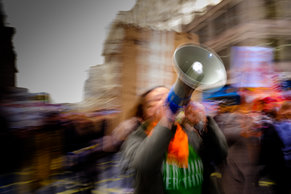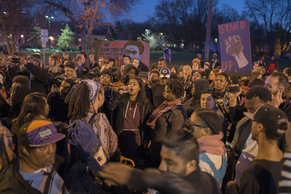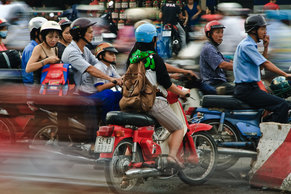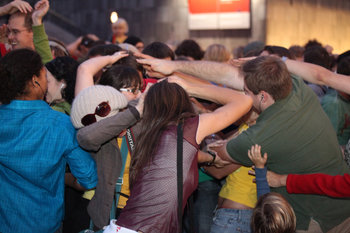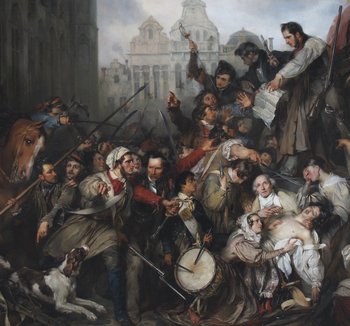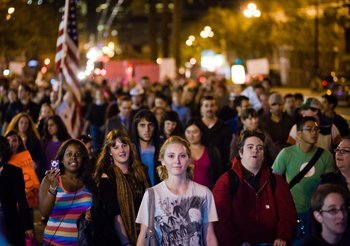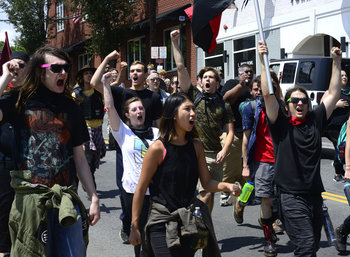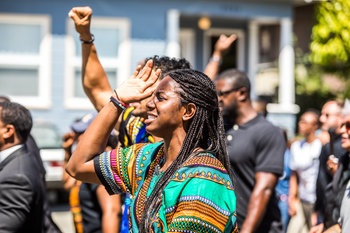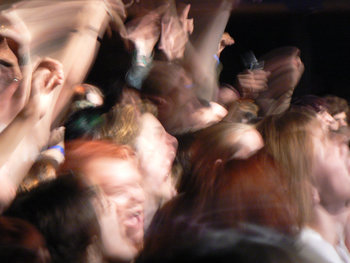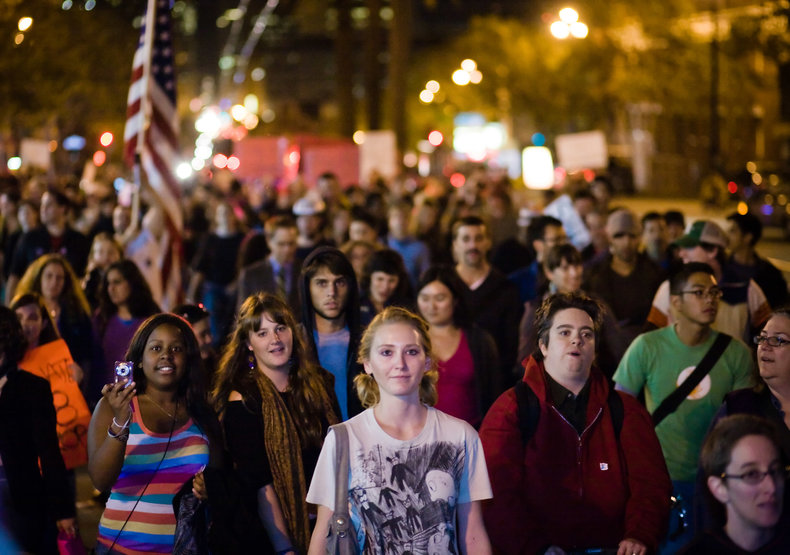
Rights
Rights are things that a society owes an individual such as safety and security. Democracy is based on democratic rights such as the right to vote and run for political office.Freedoms
Freedoms are limits to the power and authority of a state such that individuals can decide things for themselves. Democracy can't exist without certain freedoms such as freedom of speech, freedom of association, freedom of the press and freedom of conscience.Civic Duty
The responsibilities that individuals have to society such as abiding by reasonable laws.Civility
Civility is the culture of resolving differences using the mechanisms provided by society such as laws, norms, political participation and peaceful protest.Majority Rule
A society that is designed and run by majority rule. For example, the right of the majority to strike down unpopular laws, taxes and government practices.Minority Rights
Foundational rules such as a constitution that prevent the majority from oppressing minorities.Pluralism
Tolerance, inclusion and neutrality that allows for the peaceful coexistence of multiple worldviews, political parties, religions, ethnic groups and other minority groups. For example, the separation of church and state such that a society isn't run according to a religion.Rule of Law
A set of laws that apply to everyone equally without exception.Due Process
A set of legal rights that the state can't override that ensure that the justice system is fair and equal.Bureaucracy
The bureaucracies and technocracies of the state are controlled by elected representatives. Likewise, the state may enter into international agreements only with the consent of the people. Anyone who derives authority from the state is monitored and held accountable including a process for investigating complaints from the public.Checks and Balances
Checks and balances is a society that is structured such that every government representative has limited power and independent oversight.Equality
Equal political power for each person. This would imply that special interests can't buy influence.Accountability
A system whereby decision makers are held accountable for results. For example, the heads of a government department who are held accountable for overspending and failure to achieve goals.| Overview: Democratic Society | ||
Type | ||
Definition | A society that is fully consistent with democratic principles of liberty, equality, justice and power to the people. | |
Related Concepts | ||

